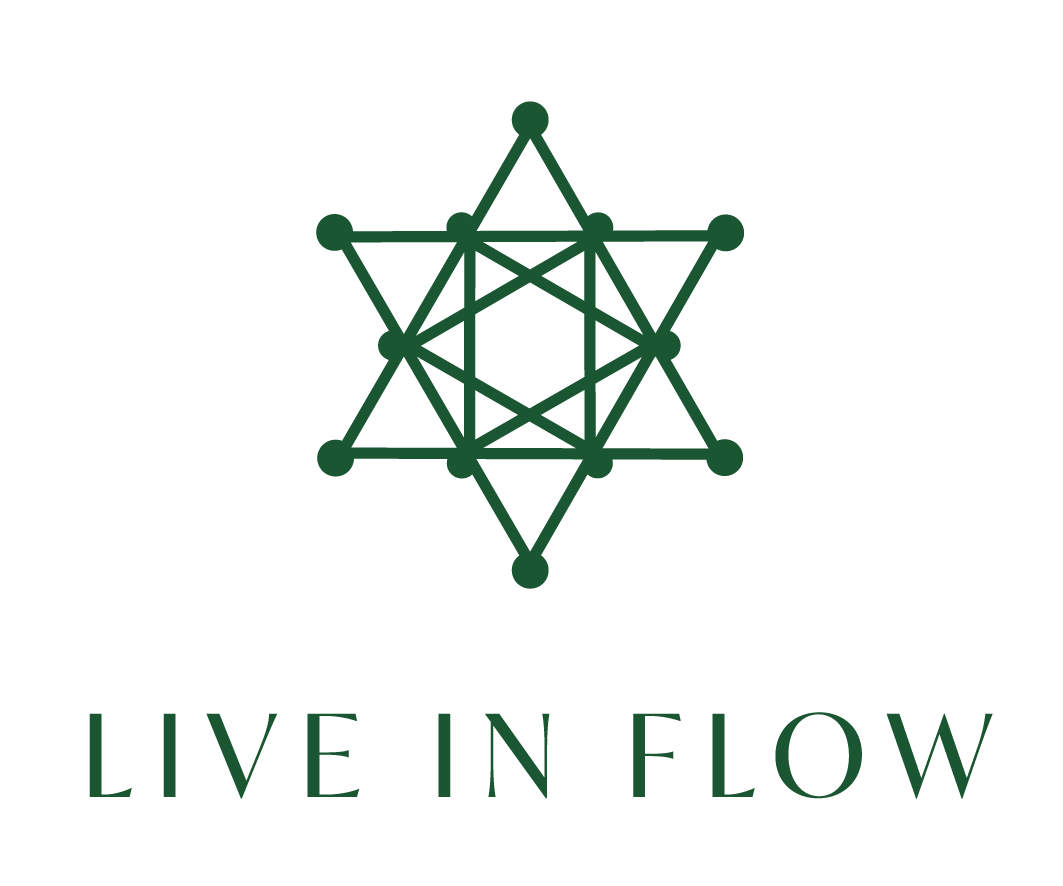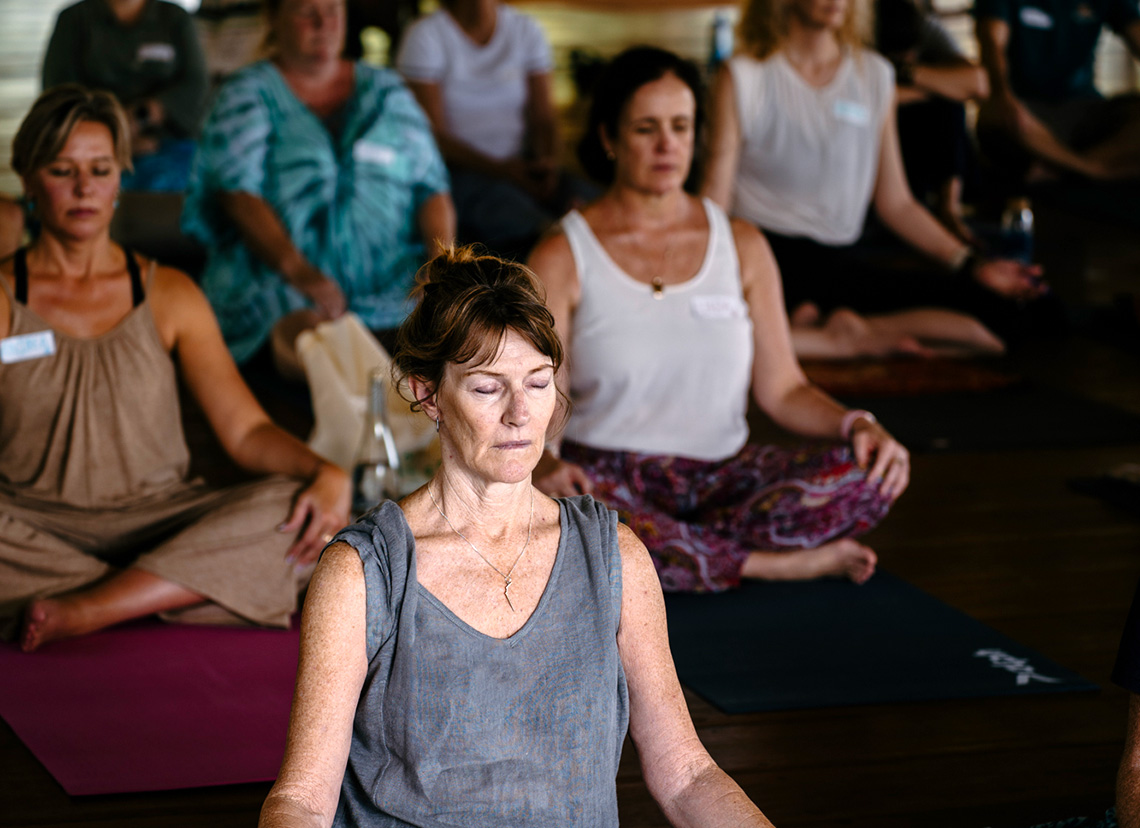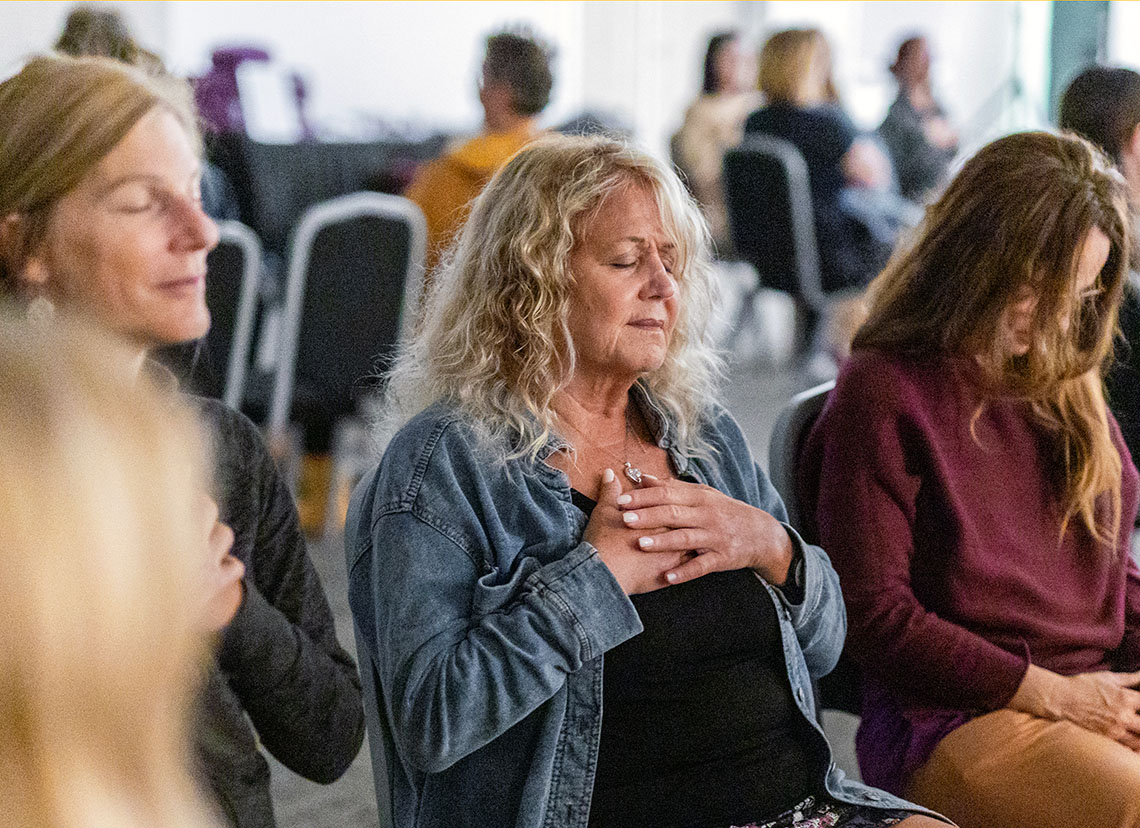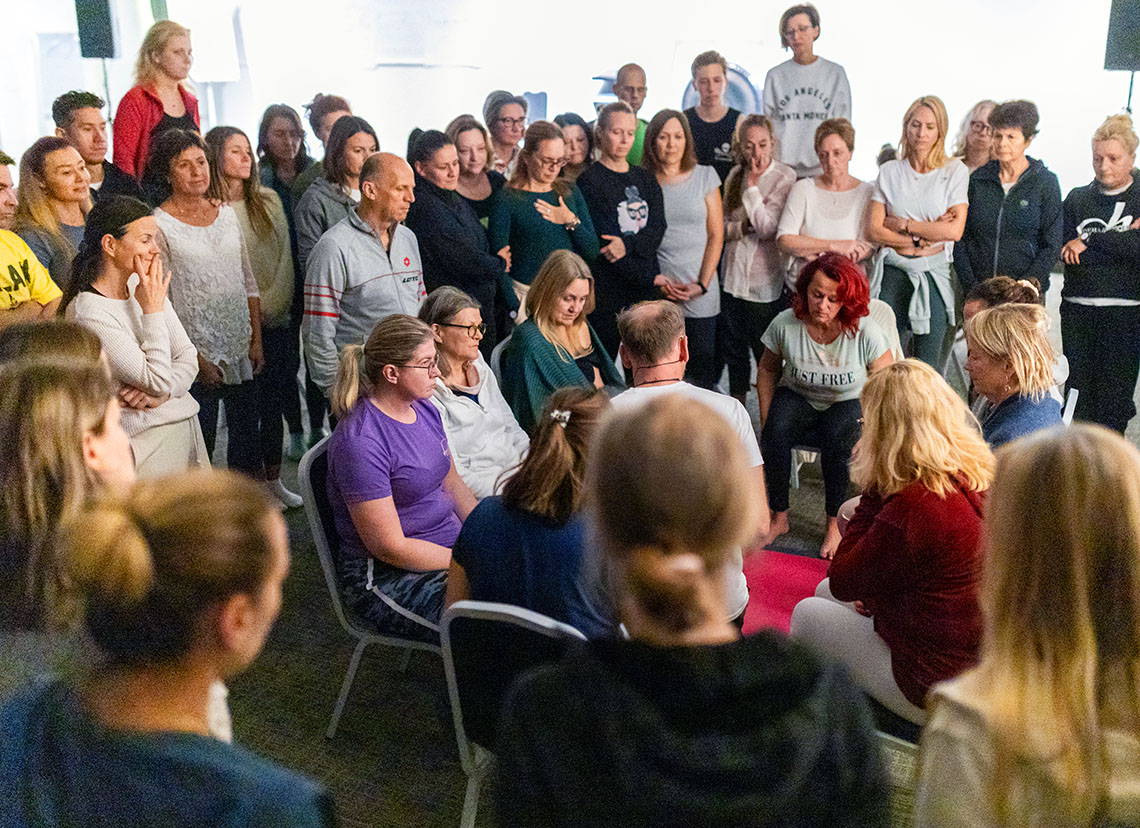1. Notice if you’re repressing your emotions
Can you imagine if, instead of hiding our emotions and plastering on a smile, we all decided to cry when we wanted to cry, to laugh loudly and let our emotions take up space?
Repressing emotions doesn’t make them go away, it only pushes them down to your core where they fester if left unattended to, only to express themselves in other ways, like illness, addiction and anxiety.
Let your emotions be released from your body. You’ll feel a whole lot lighter once they are.
2. Reflect
After you’ve acknowledged and expressed your emotions, choose how to react to them.
The lifespan of an emotion in the body and brain is 90 seconds, everything after that is a reaction to the emotion.
So, ask yourself… Why is this a trigger for me? How is my conditioning playing a part in how I’m reacting to this emotion? How can I react with as much love and understanding as possible?
The key to reflecting on your emotions is to approach them with curiosity and mindfulness. Remember to pause, take inventory and choose how you’d like to react to the emotion.
3. Find Stillness
If we are able to find some form of stillness, remove ourselves from a stress state and look inward at ourselves instead of looking outward, we can start to reveal aspects we never knew were there in the first place.
We don’t have to wait for the pressure of the outside world to force us to look within either. Seeing these aspects, we are able to find clarity and find new meaning and perspective.
4. You are not your emotions and thoughts
We often forget that we are greater than our thoughts and our emotions. We forget that those aren’t things that define who we are.
Deepak Chopra said, “If you can observe your thoughts, you can observe your emotions, and you can observe your body.”
Being able to get to the point where you are the observer is essential. Learning how to be in control and take command of everything inside and having the ability to detach from these emotions and thoughts is a powerful tool when moving from reaction to observation.
Doing this allows you to develop a relationship that makes you aware of your emotions and feelings rather than suppress them. This awareness can empower you as you retrain and recondition yourself to support you in the future and better yourself in certain aspects of your life.
5. Go back to nature
Chaos triggers our nervous system and disrupts homeostasis creating disorder and stress, sometimes throwing us into a fight, flight or freeze response.
You’ll find a harmonious rhythm that will sooth you and reinstate your body’s natural energetic coherence in nature.
The sound of waves crashing, wind blowing, trees rustling, they’ll heal you. The natural movements of nature will elicit a relaxed response in the nervous system.
6. How to avoid living in a constant state of fight, flight or freeze
When we’re in fight, flight or freeze the prefrontal cortex shuts down and our ability to think logically is gone.
When you live in a constant state of stress, it becomes difficult to make rational decisions, be creative and feel compassion. That’s why we often make mistakes or do things we regret when we’re stressed. Our brain can’t function properly because it’s so consumed with fear.
That’s why it’s so important for your own wellbeing and your relationships that you make a conscious effort not to let yourself get caught up in the pandemonium and panic, and instead try to look at things through a clear lens.
7. How to avoid getting stuck in the fear cycle
Overwhelm can happen very, very quickly and, before we know it, you feel like we’re losing control. This feeds anxiety and fear, that’s when we get stuck in a cycle.
So, how do we avoid getting stuck in a state of fear?
This is when we need to retrain our nervous system to pause and recentre. When we consciously practise this over and over, it will eventually become second nature. That’s how we can ground ourselves in times of chaos rather than getting caught up in it.
8. Community
All of this work takes commitment and perseverance, but one thing that makes it a whole lot easier is community. When we have people surrounding us who are also doing the work, who can help to hold us accountable,
We’re all empathetic humans, we are affected by the energy of everyone around us. That’s why we need to find a community of like-minded people who are willing to support you on your journey with love and compassion.
9. Rest
Many of us find resting one of the most difficult things to do. We feel guilty and unproductive, or we’re just so busy it feels more stressful to take time to rest than to just keep burning through life. Without rest, we can’t do this work.
Rest is how we nurture ourselves, heal and find peace. We need downtime in order to integrate the teachings and practise introspection.
Rest is healthy. It’s when growth happens.
10. Diet
Every single person has a different opinion on what’s “healthy”. We’re not here to tell you what to eat but one thing that we find helps us immensely during times of chaos, is to draw our attention to our bodies, and that includes what we’re putting in them.
It’s about reconnecting with the food chain, knowing exactly what’s in our food and where it comes from, so we can better support our immune systems.
11. Awareness, acceptance, intention & inspired action
These are the four critical components to creating long term, lasting change in our lives so that we can live with harmony, peace and authenticity.
Awareness. What’s happening in my body and mind? Explore your internal world deeply and with curiosity.
Acceptance. Surrendering and having gratitude for and forgiveness of the things that are going on inside of you.
Intention. Focus on the direction you want to go instead of allowing the world to push you in a direction you don’t want.
Inspired action. Am I choosing things that inspire me or am I just surviving? Am I coming to my heart and taking action in my life in a way that’s meaningful?
These are the four pillars that we work through in our Group Coaching Program, so learn a bit more about that if you’d like some support.




